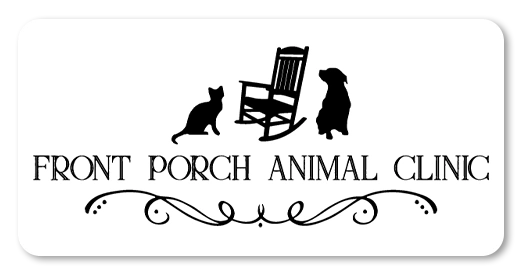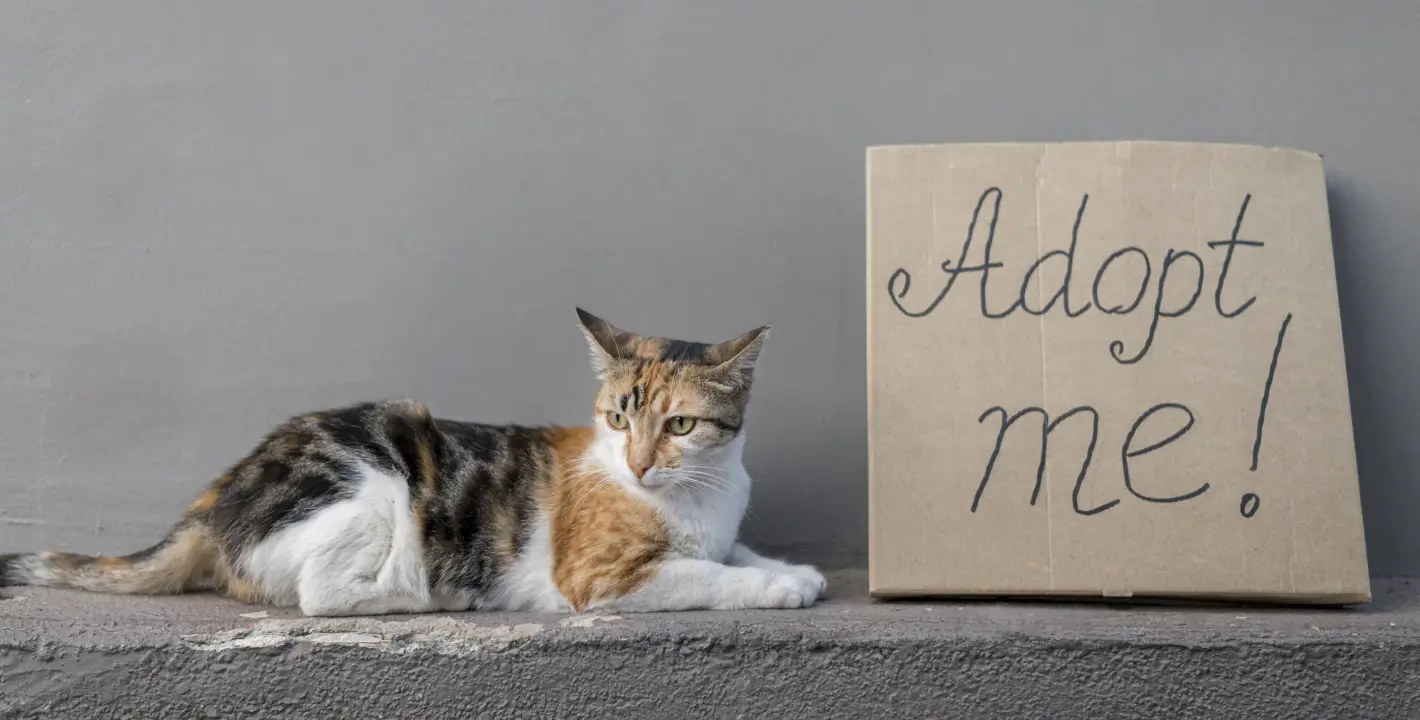Warm wishes for the holiday season! The holiday season is in full flow, but there is an end in sight. This is an exceptionally special time of year. It’s vital that we slow down and reconnect with those we care about. That includes our beloved pets! With New Year’s Eve approaching, take a few precautions to keep your pet safe. In this article, a local Greeley, CO veterinarian goes over a few key tips on pet safety.
Be Careful With Plants
Did you set any plants out this year? Many of these seasonal favorites are quite dangerous to our furry pals!
Methylxanthines, saponins, and cyanogens are all present in holly. If swallowed, these can cause vomiting, diarrhea, and other problems. Poinsettias have been linked to stomach disorders. Indeed, ingesting too many leaves can be fatal. Lilies are among the most toxic plants to cats. Even munching a few leaves or drinking a small amount of water can cause fatal organ damage in cats. Ivy contains triterpenoid saponins, which are toxic to animals. Vomiting, diarrhea, and drooling are common symptoms of ingestion. Mistletoe produces viscumin, a cytotoxin. Symptoms may include vomiting, diarrhea, respiratory issues, low blood pressure, abdominal pain, and cardiac issues.
Stick to plants that you know are pet-safe. Remember that even healthy plants may become deadly if they are covered with glitter or decorated with little things, such as tiny reindeer. For further information about plants that are safe and dangerous, consult your veterinarian.
Take Extreme Care Around Flames and Fire
Chestnuts roasting over an open fire may be a beloved holiday tradition for some, but exercise caution to keep any fire or flames controlled. If your fireplace is powered by wood, set a grate in front of it. This is just a basic safety precaution. Candles should also be put in prominent locations. Be cautious when using potpourri burners, too!
Foods That Are Safe and Unsafe
Another source of concern is food. We all like those delectable Christmas feasts, and they’re not over yet! Fido and Fluffy are also pretty adept at convincing us to share information with them. While some items are harmless, some can make your pet very sick, and others are even lethal.
Some of the harmful foods are listed below:
Sweets
Anything high in sugar is generally bad for your pet. However, some objects are more dangerous than others. One of the most serious concerns is xylitol. It is also called birch sugar and can cause hypoglycemia (low blood sugar) in pets. Weakness, fatigue, and vomiting are some of the symptoms. More hazardous signs include seizures as well as black and/or tarry feces. Unfortunately, excessive use can lead to liver failure, coma, and even death.
Chocolate/Caffeine
Chocolate is regularly ranked as one of the most dangerous foods for dogs and cats, and for good reason. It contains theobromine, which pets cannot metabolize. It may cause nausea and diarrhea at low doses. Seizures, cardiac difficulties, coma, and death are all possible consequences of larger features. Worse, the deadly dose can be as low as one ounce per pound of body weight in a pet.
Grapes, Currants, And Raisins
These little fruits are helpful to humans but severely toxic to canines. In fact, consuming only one can cause organ failure in dogs. Tartaric acid is the culprit here, causing serious—and occasionally fatal—damage to dogs’ kidneys.
Meat on the bones
Fido and Fluffy will surely make a note of those delicious main meals. Your pet can consume cooked, unseasoned meat that is free of skin, bones, and fat. When bones are heated, they become especially toxic. They grow frail and can shatter into sharp pieces. These are substantial choking dangers and can cause severe internal injury if swallowed.
Garlic, onion, and chives, avocado, uncooked bread, coffee, macadamia nuts, and anything heavy in salt, sugar, or fat are all unhealthy. Alcohol consumption is also prohibited. Consult your veterinarian for information on safe and dangerous diets.
Toxins
Poison is an ongoing concern to your pet, regardless of season. Many household things, for example, are dangerous to pets. This list might contain household cleaners, vehicle parts, insecticides, lawn/garden supplies, and pharmaceuticals. Antifreeze is another important source of concern. It is extremely dangerous to pets. Unfortunately, a lot of animals love the taste. Choose a brand that is suitable for pets. It is also a good idea to be cautious and mop up any spills as soon as possible. Just in case, place rubbish in damp areas.
Be Aware of Stress
Holiday stress is a significant issue for both humans and pets! Schedule changes, visits, travel, and even environmental changes can all be disruptive for Fido and Fluffy. This will be especially important on New Year’s Eve, when the noise of partygoers and fireworks can be quite upsetting to our furry companions.
Try to keep your furry bestie on a set schedule. Also, take special care of Fluffy and Fido. If you intend to entertain visitors, offer them a safe, quiet place to relax away from the chaos. A back bedroom may be a good bet. Provide all the comforts, like bedding and toys, and turn a radio on to mask noise.
If your pet is easily scared, ask your Greeley, CO veterinarian about pet-calming products. Treats, sprays, and collars are some of the available options. Simply follow the directions on the packaging carefully.
Make An Appointment At Our Greeley, CO Pet Hospital
We all wish you a great new year. Contact us for all of your pet’s veterinary requirements. We are here to serve as your Greeley, CO pet hospital!



